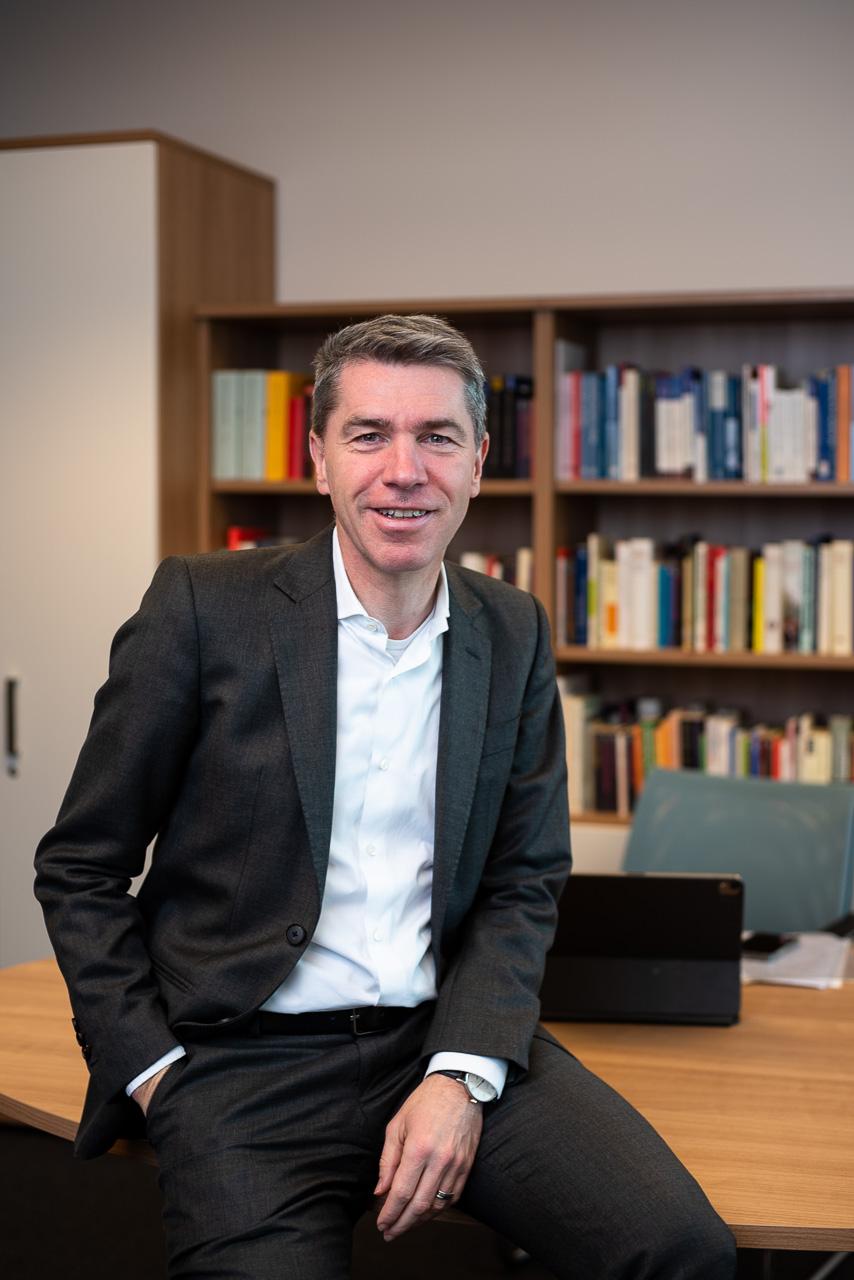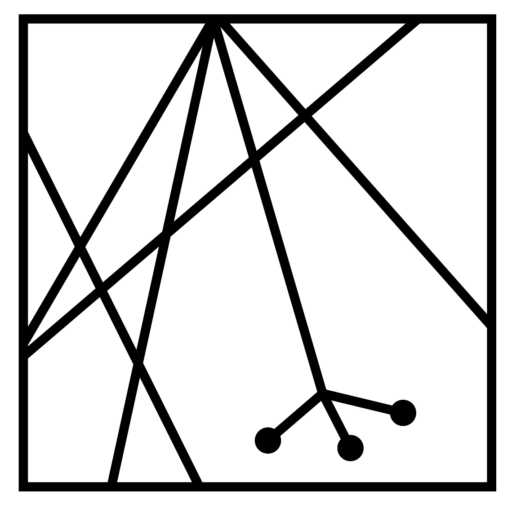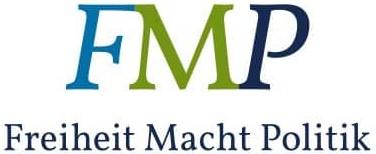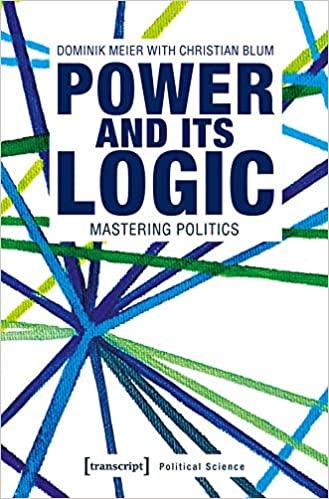DOMINIK MEIER

Dominik Meier is
- Owner and founder of Miller & Meier Consulting, one of the leading political strategy consultancy in Germany and Europe
- Publisher of Freiheit|Macht|Politik, online magazine for political analysis and strategy
- Co-Founder of de’ge’pol – Deutsche Gesellschaft für Politikberatung, the German association of political consultants
- Co-Founder of the Mosaic Network of Public Affairs professionals
- Vice President of Public Affairs Community of Europe (PACE)
- Member of the advisory board, Travel Industry Clubs (TIC)
- Member of the advisory board, Swiss Green Economy Forum (SGES)
- Member of the advisory board, Outpost | Eurasia
Dominik Meier has been advising global players, international organizations, NGOs, and associations internationally on political strategy for 25 years. He researches power, freedom, representation of interests and political praxeology. He lectures on these topics worldwide, publishes specialist books and is present in the media as a source of inspiration for political debates.
Get in touch
For inquiries please contact team@miller-meier.de
Accepting challenges – Shaping Politics. Pluralistic magazine for political analysis and strategy
In the era of geopolitical crisis, careful political analysis is vital to shape our shared future. I take up this challenges as one of the publishers of Freiheit|Macht|Politik, a new online magazine. With this magazine, we close a gap between journalism and science.
Through contributions by high-profile practitioners and theorists from politics, business, civil society, science and the arts, we aim to initiate constructive and productive discussions that go beyond the day-to-day of politics, provide transformational impetus, and shape politics. FMP connects thinker and practioniers who are ready to take shape politics for the common good.
Our editorial values are ideological neutrality, methodological openness and the courage to engage in respectful and argument-based debate.
MASTERING POLITICS
Understanding and mastering politics requires knowing the logics of power. This book takes an honest look at how political power works, drawing on twenty years of political consulting experience: from the conceptual foundations to concrete strategies and tools of our own proven power leadership approach. The handbook „Logics of Power“ is an indispensable companion and guide for decision-makers in politics, business and civil society, for prospective and experienced policy advisors – and for anyone who has always wanted to know how power is made.
“Power is multifarious. We encounter it in general and in political practice in many different forms. Power manifests itself in the martial pomp of a military parade, in the decision of a head of state on war and peace, in a parliamentary resolution or in the police control on the roadside. The structures of power penetrate social relationships – consciously perceived or unconscious. From parenting to the deathbed, people are surrounded by these structures. Power is subtle and brutal, taciturn and eloquent.”
“Status-indicating symbols such as service cars and airplanes, bodyguards, accompanying motorcycle columns and sumptuous reception rooms all make the otherwise invisible potential of power visible. They convey, moreover, an impressive hierarchical order and at the same time provide orientation about the responsibilities, competences, duties and dependencies within complex forms of social organization.”
“In essence, the political contest is power chess – and it is the homo consultan’s job to defend his clients, the homo consultandus, with a clever play in the game of victory help. Like politics, chess is an argument centered on dominance through the skillful positioning of actors with varying clout and skill profiles as well as the anticipation of opposing moves.”


